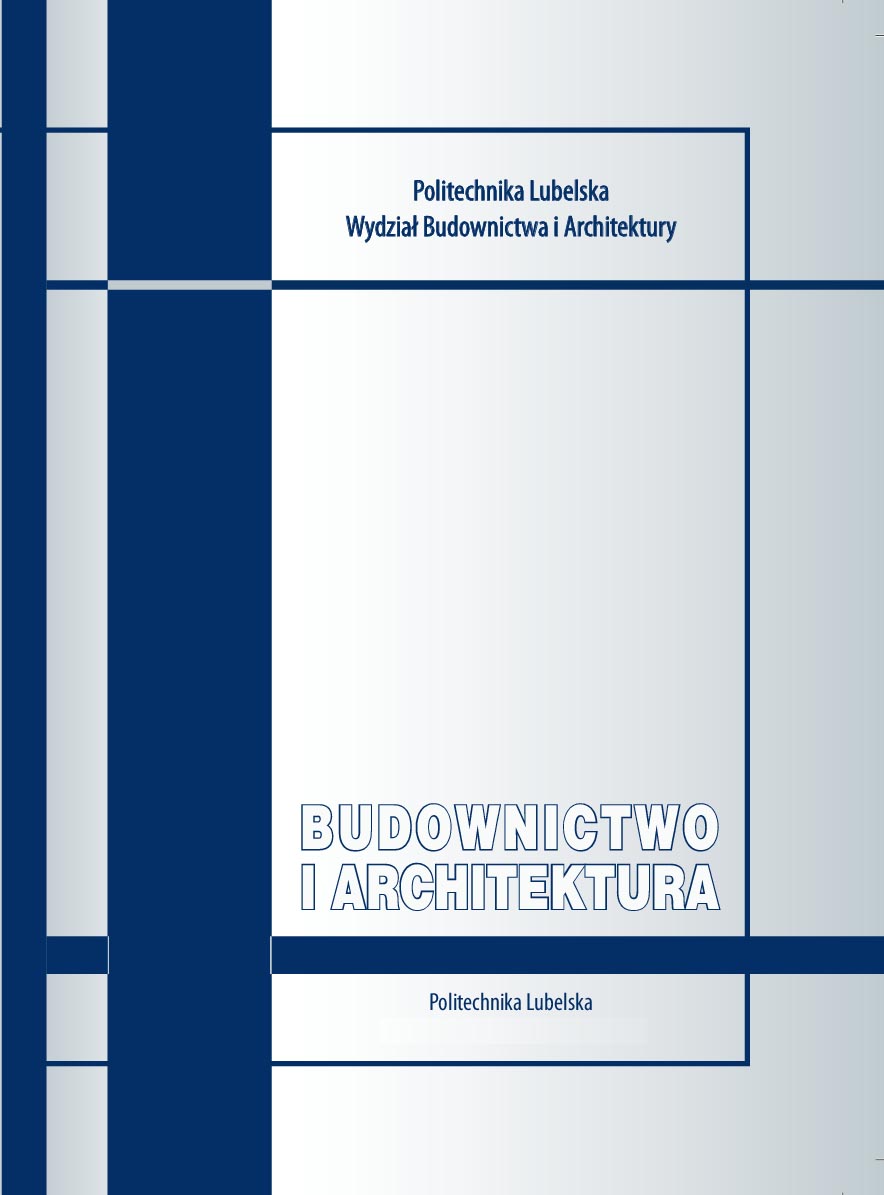Wpływ laboratoryjnych metod zagęszczania
na właściwości fizykomechaniczne recyklowanych mieszanek mineralno-asfaltowych
z asfaltem spienionym
The influence of laboratory compaction methods on the physical and mechanical properties of foamed bitumen recycled mixes
Author(s): Marek Iwański, Anna Chomicz-Kowalska, Piotr Ramiączek, Krzysztof Maciejewski, Mateusz IwańskiSubject(s): Architecture, Geography, Regional studies
Published by: Biblioteka Politechniki Lubelskiej
Keywords: Keywords Marshall compactor; hydraulic press; road base; cold recycling technology; foamed bitumen; bitumen emulsion; void content; resistance to moisture damage
Summary/Abstract: This study attempts to evaluate the influence of two advisable methods for compacting laboratory specimens of road base recycled mixes with foamed bitumen (MCAS) and bitumen emulsion (MCE). The obligatory regulations for this technology permit fabrication of the specimens using either an impact Marshall compactor or a static hydraulic press. The research showed that the compaction method influenced both the physical and mechanical properties of samples regardless of the type of bitumen binder. What is more, the structure of the material changed after the impact compaction process, which manifested in fact that many of the aggregate particles were crushed in its course. Better strength and resistance to moisture damage was observed in samples prepared in the hydraulic press. This was associated with lower void contents obtained in this compaction method.
Journal: Budownictwo i Architektura
- Issue Year: 13/2014
- Issue No: 1
- Page Range: 053-062
- Page Count: 10
- Language: Polish

